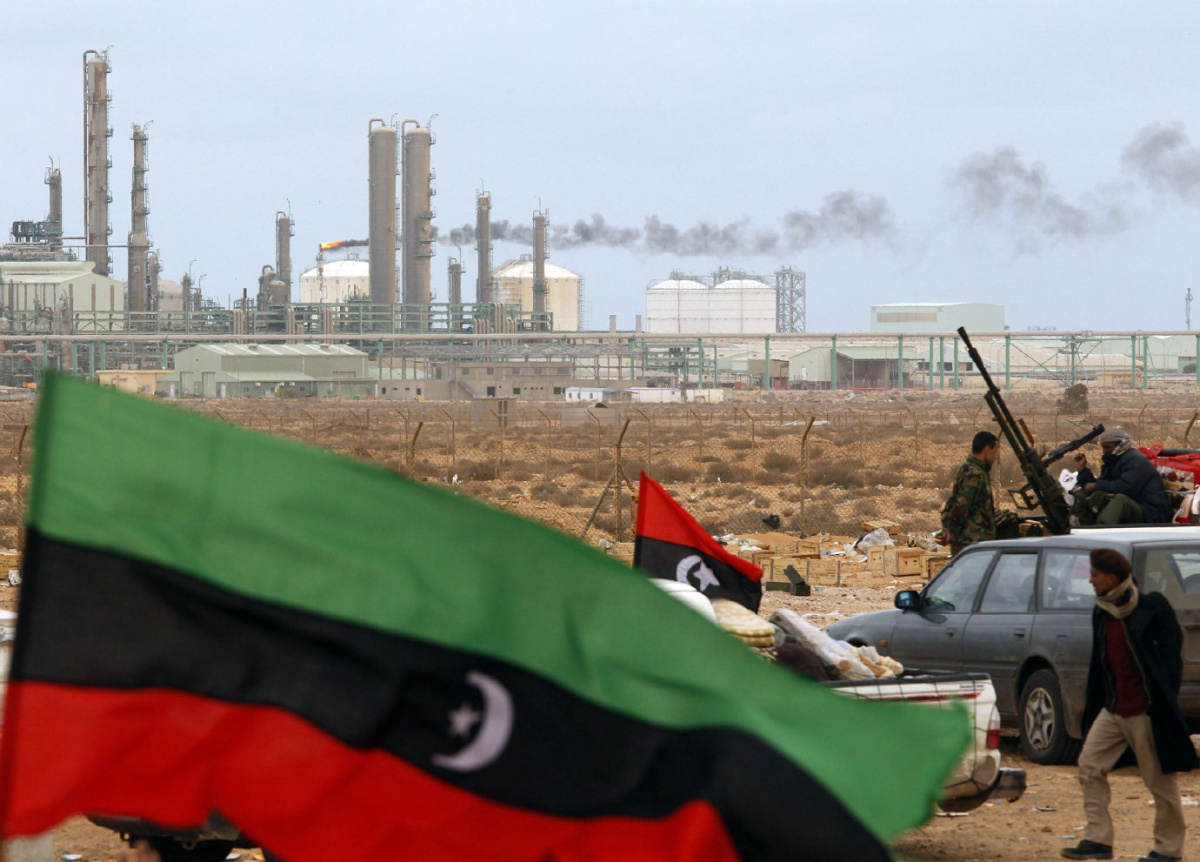Libyan fuel crisis now affecting water and food security

A fuel shortage in the Libyan city of Zliten has forced the closure of 35 bakeries and is threatening both water and food security, according to the Libya Review on August 28th.
Zliten’s mayor, Muftah Hamadi, told local media that the repeated power cuts are linked directly to a shortage of diesel fuel, leaving many generators with nothing to work with.
Hamadi stated that “This shortage has forced 35 bakeries to close, leaving residents without access to bread and threatening the city’s food security.”
Food insecurity and frequent blackouts are seriously affecting the day-to-day life of citizens, with long queues at fuel stations and bread shortages.
Several fuel stations have also closed, worsening an already significant crisis and making it difficult to keep the power grid functioning.
The situation is also being made worse by a shortage of skilled workers, according to Hamadi.

Many technicians of the national electricity company are no longer able to provide technical support, leaving the network vulnerable to more breakdowns.
The mayor also explained that the electricity network of Zliten is fragile, and needs urgent maintenance, but limited resources make any repair difficult to carry out.
Everyday disruptions in Zliten extend past fuel and food- Hamadi also highlighted the disruptions to the water supply, and urged for measures to upgrade infrastructure and ensure basic services.
“The accumulation of these problems shows the urgent need for immediate intervention from the relevant authorities,” said Hamadi.
Libya’s electricity crisis is not restricted to Zliten, with partial and total blackouts occurring across the nations and putting a strain on hospitals and production lines.
On August 22nd it was reported that members of Libya’s eastern government, including the Prime Minister, met in an emergency meeting to discuss long-term structural solutions.
Since then a committee has been formed to tackle the electricity crisis.
Libya’s National Oil Corporation produces enough fuel to meet the domestic demand, however a large amount is smuggled out of the country through networks across both land and sea borders.
The crisis is affecting Libyan citizens’ lives in so many ways that the issue is eroding their already wavering trust in government, as fuel distribution and anti-smuggling initiatives are caught up in the competitive politics of Libya’s two rivaling governments.
Libya Review/Maghrebi
Want to chase the pulse of North Africa?
Subscribe to receive our FREE weekly PDF magazine














